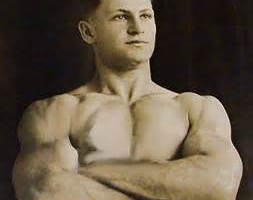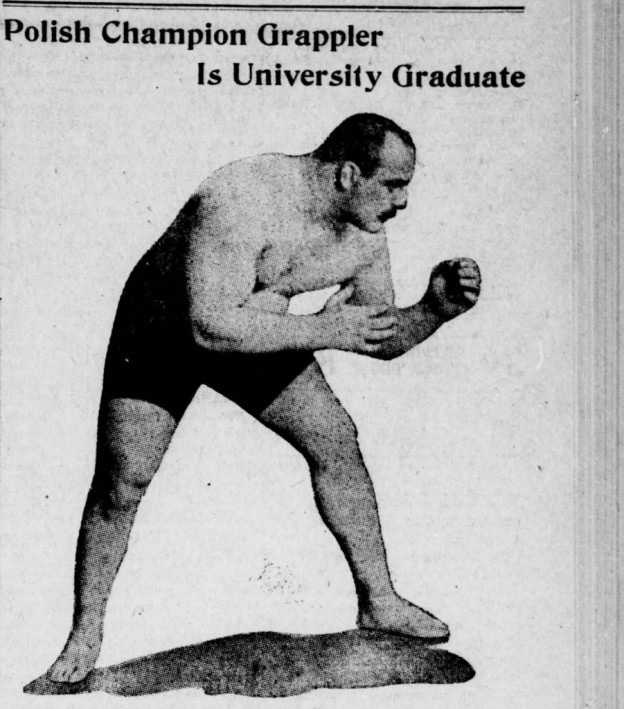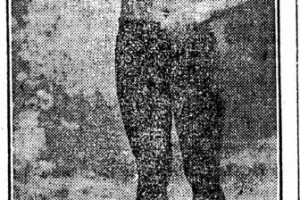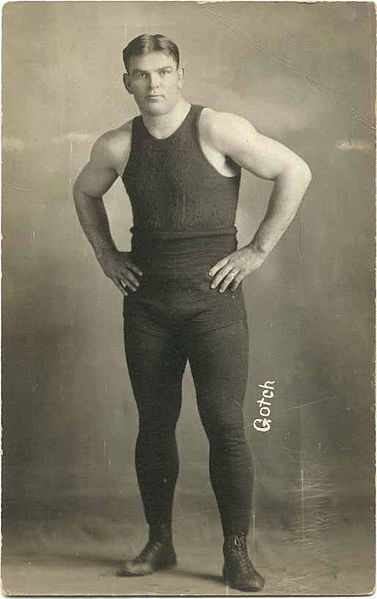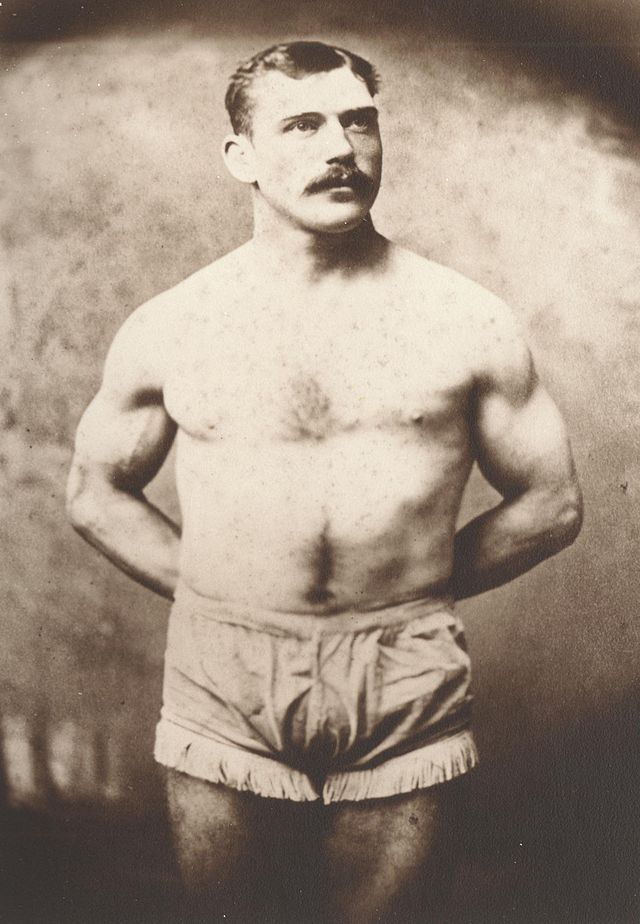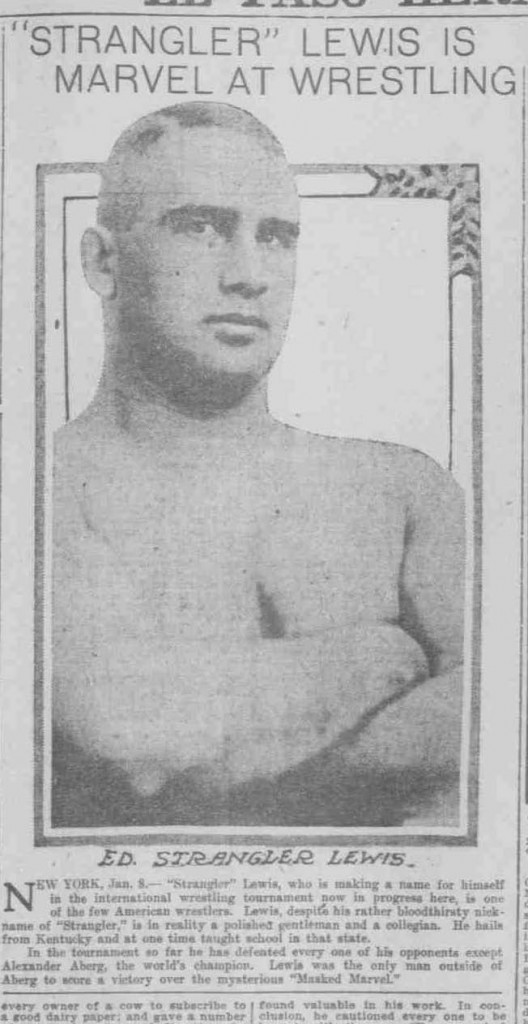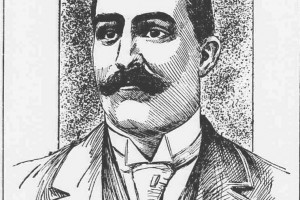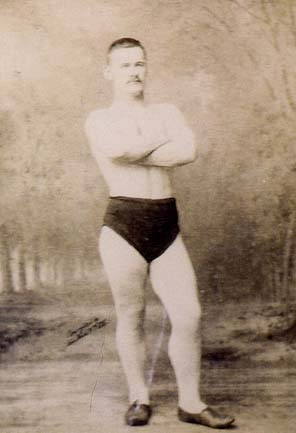Killer Dill (1947)
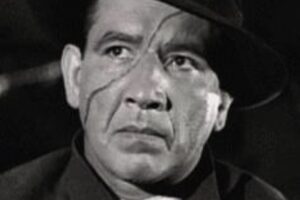
On August 2, 1947, Max M. King Productions released Killer Dill (1947), a crime film that professional wrestler Mike Mazurki plays “Little Joe”, a henchman playing both sides of a gang feud. Stuart Erwin stars as Johnny “Killer” Dill, a lingerie designer and salesperson, who people mistake for a gangster. After accidentally involving himself in a gang war, his
» Read more

